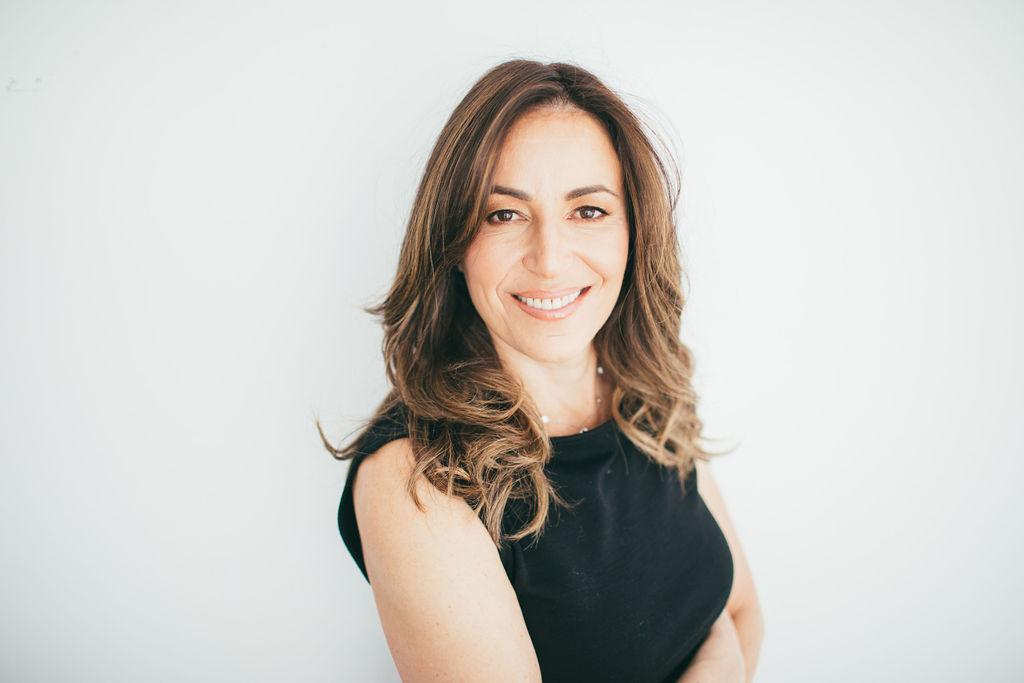Teaching Your Kids About Good Financial Habits

Like most parents, you feel a responsibility to teach your kids about money. You understand the importance of making sound financial decisions and developing good financial habits. You know how financial struggles can strain relationships and even take a toll on your health.
But teaching kids about money is easier said than done. In today’s digital world, cash is disappearing; spending is frictionless, fraud and scams are constant threats.
As if this weren’t enough, the COVID-19 public health crisis and its sudden and devastating impact on the economy have accelerated these trends. The economic devastation has also been a reminder of the importance of raising money-smart kids for life.
How I approached money talks with my children
When my kids, Justin and Natalie, were young, I tried to put my money where my mouth was. As a financial professional, I wanted to be a good financial role model for them. I knew that the earlier kids are taught about money, the greater the likelihood of financial success throughout their lives.
I took advantage of teachable moments to build money lessons into our daily lives. I also made sure all the information I shared with them (about earning, saving, spending, sharing, and investing) was appropriate for their age and maturity.
These are things I still do to this day!
Boosting your own confidence around finances is key
I was fortunate. According to research, most parents feel they don’t have the information they need to teach the right lessons, and they don’t know how to approach the subject with kids of different ages.
They recognize they need help and are willing to listen and learn. So, I decided to write a book about my own experiences and the experiences of other parents. Combined with solid research, I aim to help parents give their kids the knowledge, skills, and confidence that I gave my own. The book is called The Wisest Investment: Teaching Your Kids to be Responsible, Independent and Monday-Smart for Life.
For anyone thinking, “How can I teach my kids about money if I’m not doing a good job of it myself?”, this book will make you more aware of your own behaviour around money and the type of financial role model you are to your kids now (and the type of role model you want to become.)
It’s something you and your kids can learn together, and it may even lead to improvements in your own financial habits and health as you become more skilled in understanding, practicing, and explaining money management.
The changing landscape of currency
In the ten years since my first book was published, society has moved away from cash and toward mobile and digital money. The economic consequences of the coronavirus pandemic have only accelerated this.
This new, updated version builds on time-tested lessons that have always applied and still apply today while modifying for the post-pandemic "new normal." It also adds new information about both the challenges and benefits of managing money in an increasingly digital world. In those same nine years, my kids, now 25 and 23, have grown into financially literate, independent, and responsible young adults (most of the time!)
How the pandemic affected the Ten Healthy Habits of Financial Management
In my first book, I listed Ten Healthy Habits of Financial Management, things like paying yourself first and tracking your spending. But the Coronavirus pandemic was a wake-up call and so, for this new book, I added an eleventh—Prepare a Will and Powers of Attorney.
Everyone should have a Will that reflects their wishes should something happen to them and that names guardians for minor children. If you die without a Will (intestate), the distribution is decided by rules laid down by the Provincial Government—not you—and this formula can vary from province to province. Wherever you live, the bottom line is that your wishes for how your property, possessions and personal effects are given away, and who will raise your kids, will not be considered.
You also need Powers of Attorney for both health and property. These documents authorize another person to act on your behalf on health and financial matters if you become mentally or physically incompetent and unable to act on your own behalf.
This is a difficult but important topic you should teach your kids when they are at a mature enough age (and this varies from child to child.)
How to approach money talks with your kids: The Five Pillars
Money is a taboo topic in many households, but there is a very real need to talk to your kids about it.
How do you approach it? Well, there are five basic aspects of money that can be used to structure an ongoing conversation. In my book, I call them the Five Pillars of money, and they are:
Earn
Save
Spend
Share
Invest
I also break down how these conversations might differ with kids at different stages:
young children (five to eight)
preteens (nine to twelve)
teens (thirteen to seventeen)
emerging adults (eighteen to twenty-one)
There are lots of ways to approach family discussions and activities to reinforce these concepts. For example, having a piggy bank with a separate slot (or even just jars) for each of the Five Pillars can get kids to start thinking about the concept of money management. Above all, don’t forget to have fun with this. Teaching kids about money doesn’t have to be too heavy or serious!
Hear more from Robin
Robin recently sat down with Epilogue Co-Founder Arin Klug, to dive more into this topic. To watch the full 30-minute discussion watch the video below. And to check out Robin’s new book The Wisest Investment: Teaching Your Kids to Be Responsible, Independent and Money-Smart for Life and to get in touch with Robin, click here.









